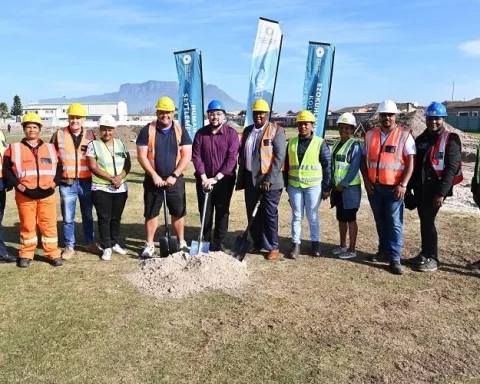The South African Department of Employment and Labour, in partnership with the Commission for Conciliation, Mediation, and Arbitration (CCMA), will be conducting a series of workshops from 1st to 29th August to assist designated employers in understanding the requirements for obtaining an annual Employment Equity (EE) Compliance Certificate. This certificate, which is compulsory for conducting business with the South African government, is mandated by the recent amendments to the EE Act.
Understanding the Requirements
According to the Deputy Director of EE, Niresh Singh, the requirement to obtain an EE Compliance Certificate is not new; it has been a part of the Employment Equity Act since its introduction in 1998. However, the recent amendments to the Act necessitate a better understanding of the requirements. The objectives of the workshops are to create awareness of the EE amendments, share the legal requirements for obtaining the certificate, and discuss the broader implications for the labour market.
Key Criteria for Obtaining an EE Compliance Certificate
To obtain an EE Compliance Certificate, designated employers must fulfil certain criteria. These include submitting an annual EE report, meeting their own annual EE targets within the five-year sector targets, and adhering to the National Minimum Wage (NMW) or obtaining exemptions not to pay NMW. Employers must also avoid any unfair discrimination awards by the CCMA within the previous 12 months.
Employment Equity Amendments
The Employment Equity Amendments aim to reduce the regulatory burden for small employers, enable the Minister of Employment and Labour to regulate sector-specific numerical EE targets, promulgate Section 53 of the EE Act, and strengthen overall compliance. This includes the issuance of EE compliance certificates. Affirmative action is a temporary tool to effect equity and will no longer be necessary once the targets and objectives are met.
National Workshops
The 2023 Employment Equity national workshops will be held under the theme “Real transformation makes business sense.” Participants will include employers, heads of organizations, academics, assigned senior managers, consultative forum members, human resource practitioners, trade unions, and other stakeholders. The workshops started on 18th July 2023 in Thohoyandou and will end in Durban on 29th August 2023.
The Benefits of Workshop Attendance
The workshops serve as a platform for employers and stakeholders to exchange ideas, discuss the impact of EE amendments, and understand the online EE system for generating certificates of compliance. The CCMA will also present case law on EE, reporting on EE, and the Commission for Employment Equity (CEE) Annual Report launch outcomes. Attendance will keep organizations up-to-date with the latest regulatory requirements, ensuring their businesses are able to participate in state contracts and contribute to a fairer and more equitable labour market in South Africa.








